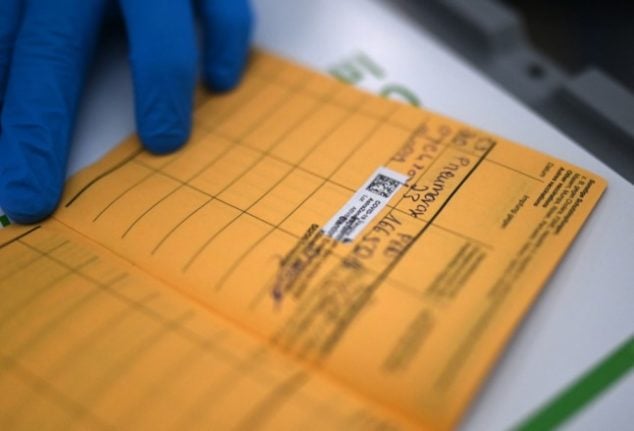The accord, due to have taken effect in January 2013, still needs to be ratified by both countries’ parliaments, including the German upper house, the Bundesrat, which represents the 16 regional states.
Chancellor Angela Merkel’s government lacks a majority in the Bundesrat.
Despite talks between the German federal government, the regions and Switzerland over several months, as well as amendments to the initial accord, opposition-led German states announced on Friday they would not sign the deal.
“We want to work for a solution anyway,” German finance ministry spokeswoman Marianne Kothe told a regular government news conference, adding that discussions would continue.
She said that giving up on the accord would be “the worst of all possible solutions”.
The Swiss finance ministry said the German government told it that it remained committed to the deal.
“Today, the German government informed Switzerland of its clear intention to sign the Swiss proposals,” the Swiss finance ministry said in a statement.
German opposition parties reject continued anonymity for Germans who park their cash in Switzerland — under the accord’s current form, Swiss banks would directly levy a tax on customers to pass on to German tax authorities without revealing their identity.
The deal, signed by ministers last year, would see German citizens with assets parked in Switzerland’s notoriously secretive banks paying a tax rate of 26.4 per cent on these holdings.
Swiss banks would also have paid two billion francs ($2.2 billion) to the German tax authorities to resolve past disputes.
Once authorities in Berlin received payments from the taxpayers, they would then have reimbursed the Swiss banks, increasing the incentive in Switzerland to pressure clients to stump up.
The accord aimed to end a dispute between the two neighbours that blew up into a major spat in July 2010 when German authorities raided branches of Credit Suisse bank after buying data on suspected tax dodgers.


 Please whitelist us to continue reading.
Please whitelist us to continue reading.
Member comments